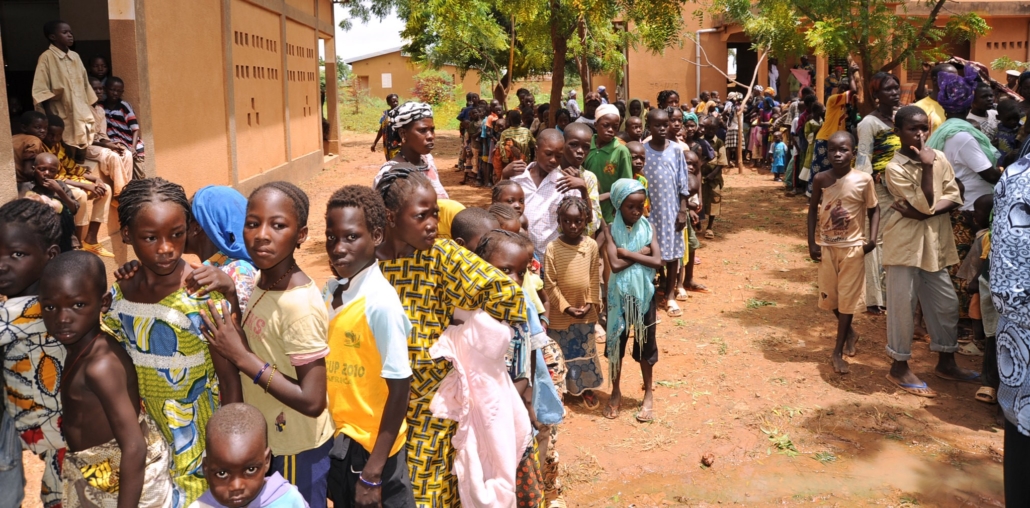
The Million Dollar Vegan is famous for challenging “big names” to “go vegan” in exchange for $1 million in charity donations. However, the organization also aims to improve global health, feed the world’s hungry, reduce animal suffering and protect the planet for future generations. By promoting a vegan diet and raising awareness about the consequences of animal-sourced foods, the Million Dollar Vegan is providing a healthful and ethical solution to a global conundrum: hunger.
4 Ways the Million Dollar Vegan Reduces World Hunger
- The Million Dollar Vegan Promotes a Plant-based Lifestyle. The United Nations has reported that roughly “23% of greenhouse gas emissions come from agriculture livestock” and the resources necessary to farm them. Therefore, a worldwide transition away from meat and dairy is necessary in order to counteract the most deadly effects of changing weather and world hunger. According to Vegans Against World Hunger, global citizens slaughter about “60 billion land animals and [more than] a trillion marine animals” for human consumption each year. Yet, one in nine people worldwide does not have adequate food to subsist on while “one-third of the world’s grain” serves as a source of food for animals farmed for human consumption. Researchers at Lancaster University found that the world already produces more than enough food to solve global hunger, but only if people switch to plant-based diets. If the crops that feed farmed animals are instead distributed for human consumption, there would be enough food to provide each human on earth with 5,935 kilocalories per day — the average person only requires approximately 2,353 kilocalories per day.
- Involving Celebrities and High-Profile Individuals. The Million Dollar Vegan attracts major publicity to the issues regarding the environment and world hunger by challenging high-profile public figures to adopt a vegan diet for one month in exchange for a $1 million charity donation. Some of these figures include President Joe Biden, former President Donald Trump and Pope Francis. In addition, several well-known celebrities endorse the organization, including actress Alicia Silverstone, Grammy award-winning artist Mýa and actress Evanna Lynch. Generally speaking, celebrities and other public figures often have social followings that number in the millions and the emotions that celebrities ignite in their fans allow celebrities to sway opinions and raise awareness on crucial world issues, such as poverty, malnutrition, animal welfare, infectious diseases and environmental challenges. As an example, actress, author and vegan activist Alicia Silverstone publicly endorses the Million Dollar Vegan and has an Instagram following of 1.8 million.
- Providing Aid During COVID-19. Amid the COVID-19 pandemic in October 2020, the Million Dollar Vegan partnered with organizations and charities to address the needs of at-risk communities by providing $100,000 in vegan food aid and supplies (such as hand sanitizers and masks) to nine nations as well as Ethiopia. The organization has extended this support to 23 countries in total, providing food aid to several developing countries such as Brazil and India as well as hard-hit communities in France, the United Kingdom, Italy, Spain and the United States. The Million Dollar Vegan commits to donating a minimum of 1 million plant-based meals by the close of 2022. As of November 2021, the organization has delivered 623,190 meals to global citizens facing the impacts of COVID-19, including the homeless, “underserved communities” and frontline workers.
- The Million Dollar Vegan Raises Awareness of the Transmission of Zoonotic Diseases. The organization educates the public on the link between consuming animals (both domestic and wild-caught) and the transmission of zoonotic diseases. The organization promotes a campaign called Take Pandemics Off The Menu (#TAKEPANDEMICSOFFTHEMENU) to advocate a plant-based diet as a way of protecting the world from future pandemics. According to the Centers for Disease Control and Prevention (CDC), “three out of every four new or emerging infectious diseases in people come from animals.” For example, the 2009 swine flu was linked to the international trade and consumption of pig meat, the 2004-2007 avian flu pandemic was linked to the farming and consumption of poultry and the coronavirus pandemic has possible links to the bushmeat industry (consumption of wild animals).
In the world today, roughly 811 million people go hungry and 690 million people suffer from undernourishment despite the fact that the world produces sufficient food to feed every person on Earth — all 7.8 billion global citizens. The Million Dollar Vegan offers a possible solution to global hunger through veganism while providing vegan meals to ensure that no person goes hungry in a world brimming with food sources.
– Jenny Rice
Photo: Flickr

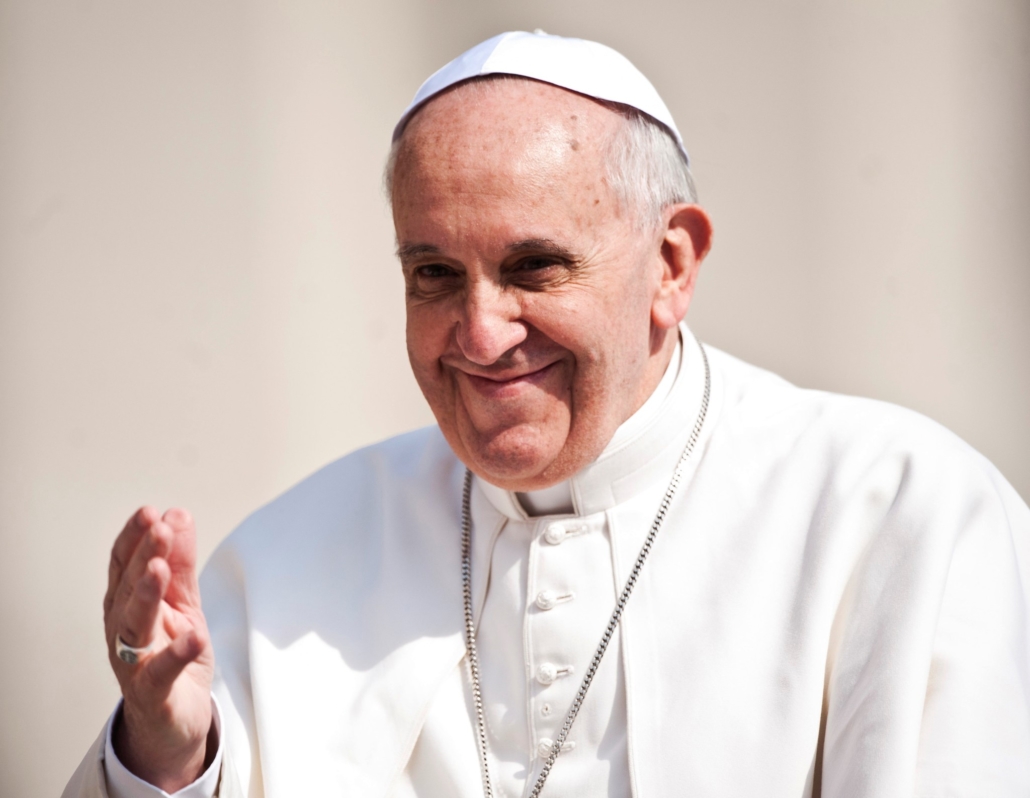
 Every other year, the
Every other year, the 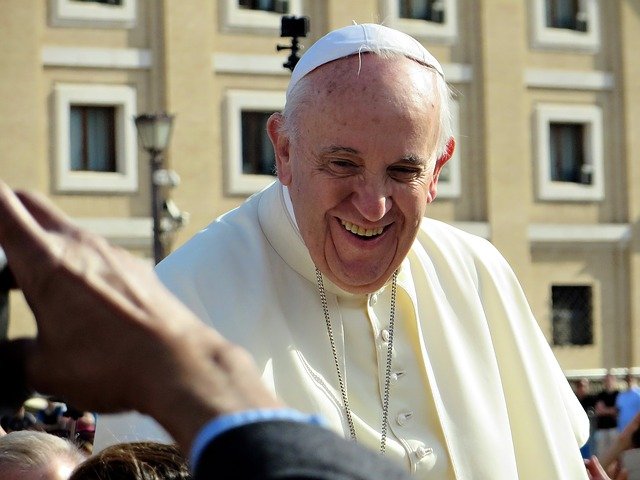
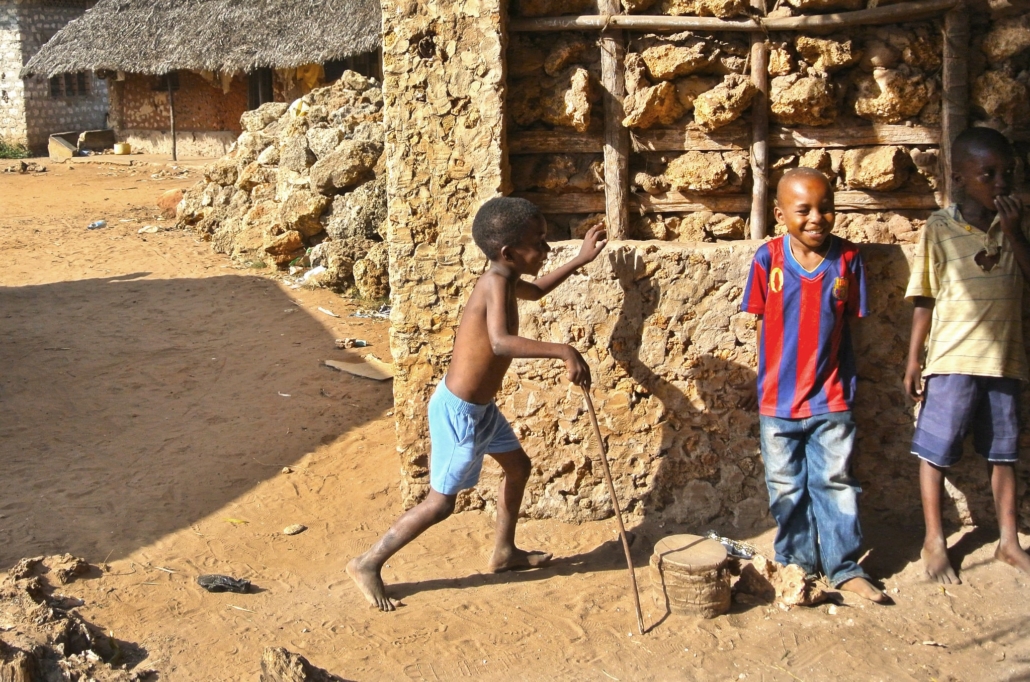
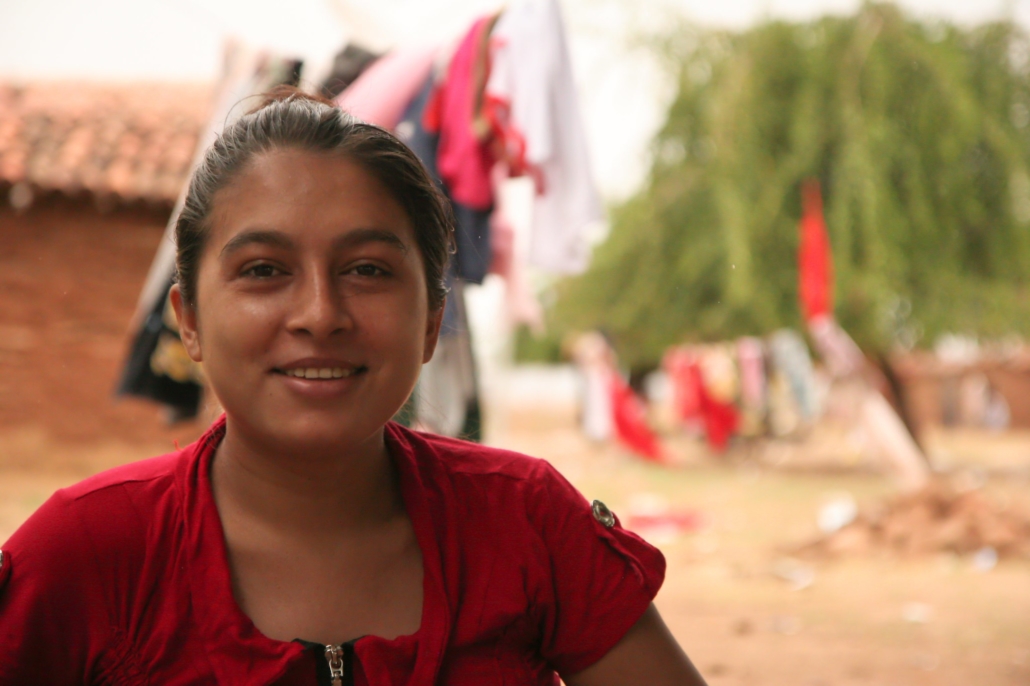
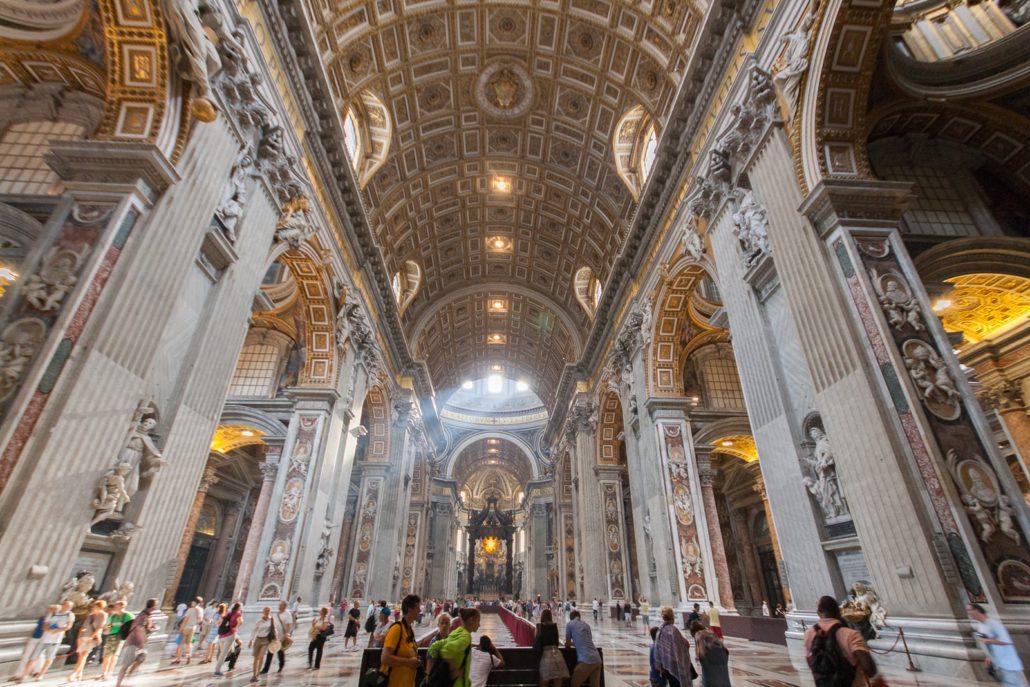
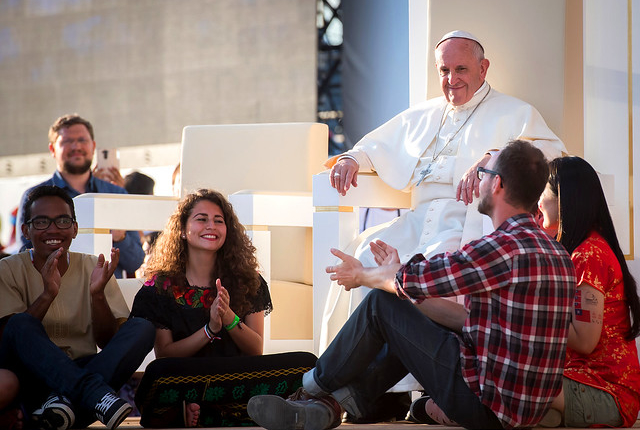
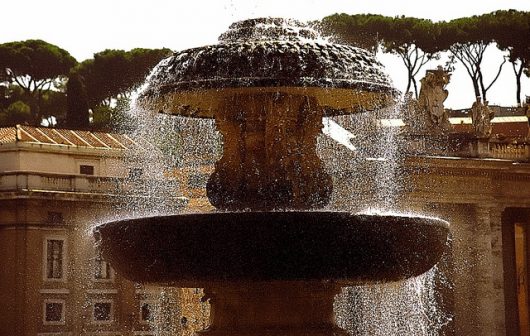 Home to the St. Peter’s Basilica, the Sistine Chapel and the Apostolic Chapel,
Home to the St. Peter’s Basilica, the Sistine Chapel and the Apostolic Chapel, 